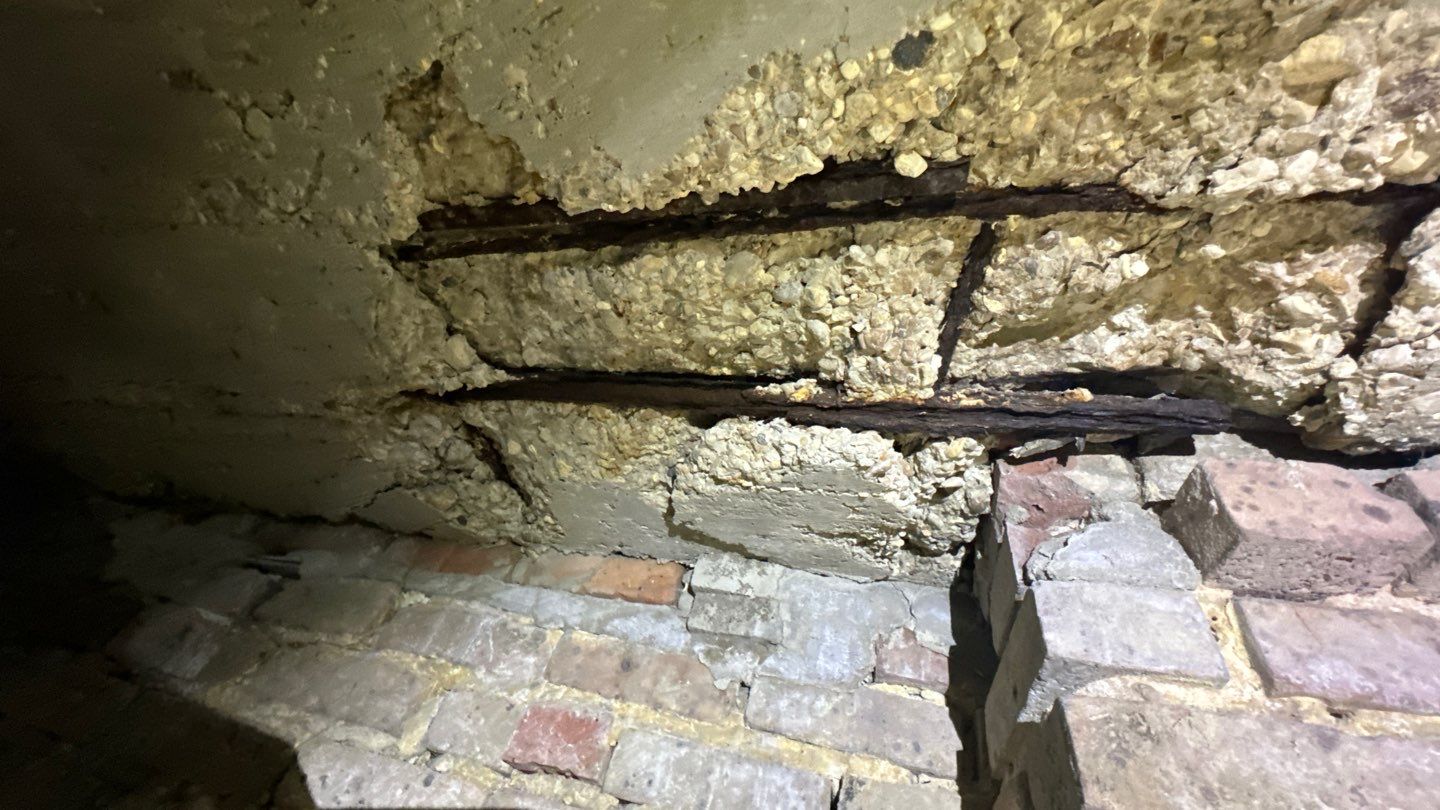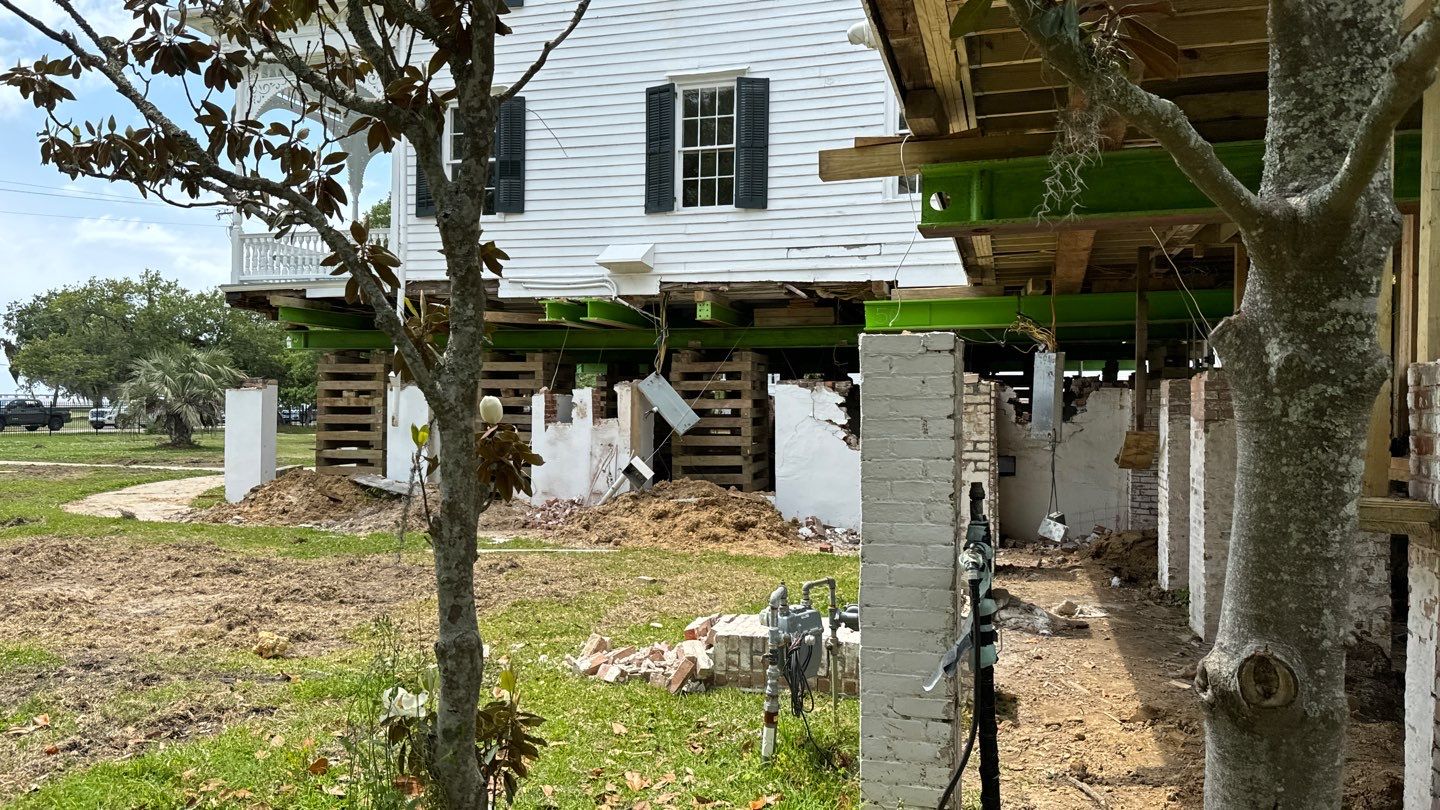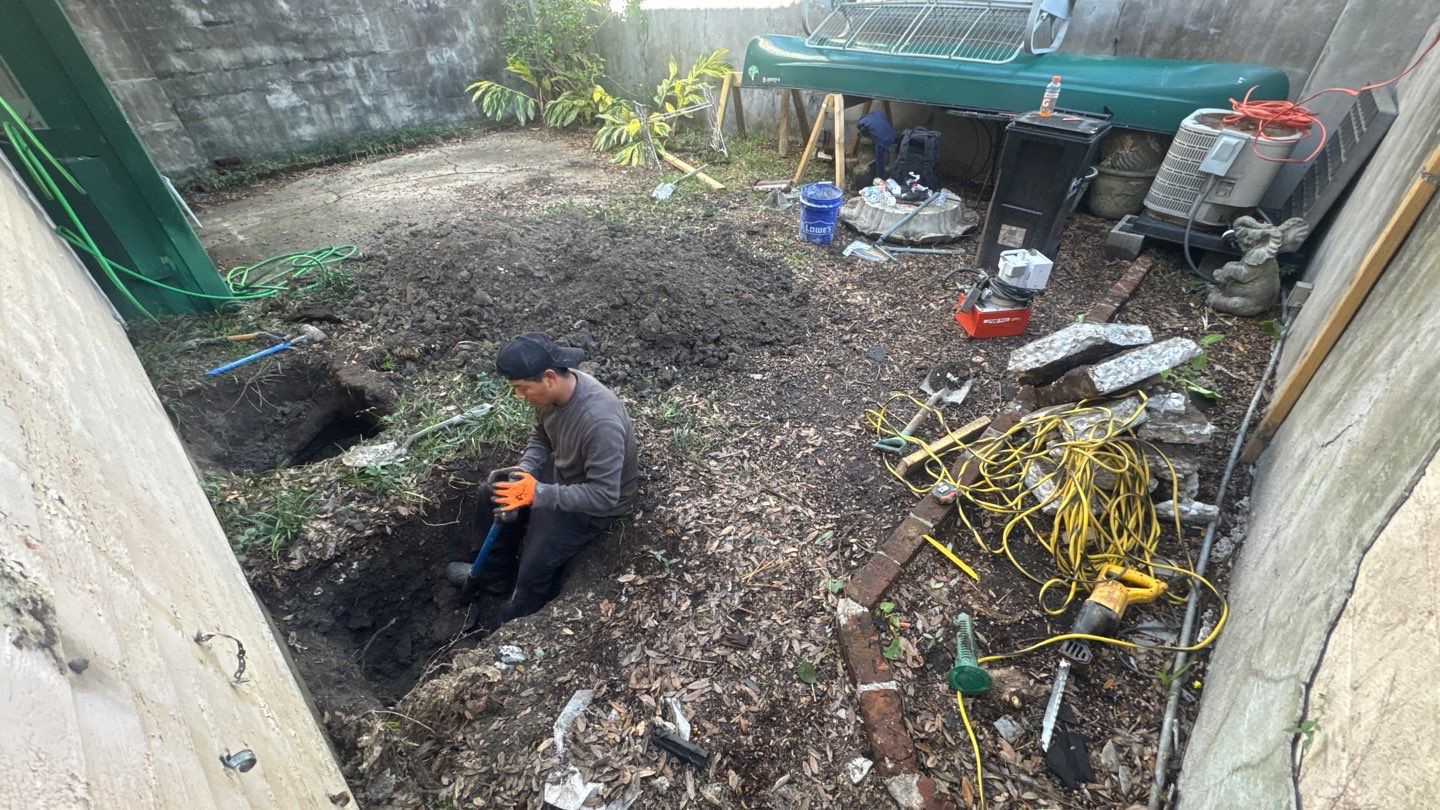The Ultimate Guide to Foundation Preparation for New Orleans Residents
Building a strong foundation is crucial, especially in a city like New Orleans where the unique soil conditions and climate present specific challenges. Whether you’re constructing a new home or maintaining an existing one, understanding the ins and outs of foundation preparation is vital to ensure the longevity and safety of your structure. In this guide, we’ll dive deep into the steps needed to prepare a foundation, how to prevent common issues, and ways to spot and inspect potential problems before they become severe.
Understanding New Orleans’ Soil and Climate
Before diving into foundation preparation, it’s important to understand the environmental factors in
New Orleans that affect foundations. The city is built on a mixture of soil types, including clay, silt, and peat, which are prone to shifting. Moreover, the high water table and frequent heavy rains increase the risk of soil erosion and water infiltration, both of which can lead to foundation problems.
How to Prepare a Foundation in New Orleans
1. Conduct a Soil Analysis
The first step in preparing a foundation is to conduct a thorough soil analysis. This involves testing the soil to determine its type, moisture content, and load-bearing capacity. In New Orleans, where the soil can be unstable, this step is particularly crucial. A professional geotechnical engineer can provide a detailed report that will guide the foundation design and construction process.
2. Choose the Right Foundation Type
Based on the soil analysis, you can select the most appropriate foundation type. The most common types of foundations in New Orleans include:
- Slab-on-Grade: This is a popular choice for areas with stable soil. It involves pouring concrete directly onto the ground, creating a solid base for the structure.
- Pier and Beam: Ideal for areas with shifting or unstable soil, this type of foundation involves raising the structure on piers, with beams supporting the floor. This allows for better drainage and easier access to plumbing and electrical systems.
- Pile Foundations: In areas with very soft or saturated soil, pile foundations may be necessary. These involve driving long, cylindrical columns (piles) deep into the ground to reach a more stable soil layer.
3. Proper Site Preparation
Proper site preparation is key to ensuring a stable foundation. This includes clearing the site of debris, vegetation, and topsoil. Grading the site to ensure proper drainage away from the foundation is also crucial, as standing water can lead to soil erosion and weakening of the foundation over time.
Preventing Foundation Issues in New Orleans
1. Ensure Proper Drainage
Water is one of the biggest threats to foundations, particularly in a city like New Orleans where heavy rainfall is common. Installing a proper drainage system, such as gutters, downspouts, and French drains, can help direct water away from the foundation. Additionally, ensuring that the ground slopes away from the house will prevent water from pooling around the foundation.
2. Use Quality Materials
Using high-quality materials during construction is another way to prevent foundation issues. For example, opting for waterproof concrete or treating the soil with chemical stabilizers can add an extra layer of protection against water infiltration and soil shifting.
3. Regular Maintenance and Inspections
Even with the best preparation, foundations can still experience issues over time. Regular maintenance, such as checking for cracks and ensuring the drainage system is functioning properly, is essential. It’s also a good idea to have a professional inspect the foundation periodically, particularly after heavy storms or if you notice any signs of movement or settling.
Spotting Foundation Issues Early
1. Cracks in Walls or Floors
One of the most
common signs of foundation problems is the appearance of cracks in walls, floors, or ceilings. While small hairline cracks can be normal as a house settles, larger cracks, particularly those wider than 1/8 inch, can indicate a serious issue.
2. Doors and Windows Sticking
If you notice that doors and windows are becoming difficult to open or close, this could be a sign that the foundation is shifting. As the foundation moves, it can cause the frames of doors and windows to become misaligned.
3. Uneven Floors
Uneven or sloping floors are another red flag for foundation problems. If you notice that your floors are not level or that you can feel a dip or rise when walking across a room, it’s important to have a professional assess the situation.
4. Gaps Around Windows or Doors
Gaps appearing around windows or doors, especially at the top, can indicate that the foundation is settling unevenly. This can lead to air leaks and increased energy costs, as well as structural damage.
https://rainbowthemes.net/old-academyhouseleveling/the-experts-guide-to-foundation-repair-in-new-orleans/
Inspecting Your Foundation
1. Visual Inspection
Performing a visual inspection of your foundation can help you spot potential problems early. Walk around the exterior of your home and look for signs of cracking, chipping, or bulging in the foundation. Inside, check the basement or crawl space for moisture, mold, or other signs of water infiltration.
2. Professional Inspections
While a visual inspection can help identify obvious issues, a professional inspection is needed to thoroughly assess the condition of your foundation. A structural engineer can perform a more in-depth evaluation, using tools like laser levels, moisture meters, and soil testing to determine if there are underlying problems.
Tips for New Orleans Residents
1. Be Proactive
Given the unique challenges of New Orleans’ environment, it’s important to be proactive when it comes to foundation maintenance. Don’t wait until you see signs of a problem to take action. Regular inspections, proper drainage, and using quality materials can go a long way in preventing issues.
2. Keep an Eye on the Weather
The weather in New Orleans can be unpredictable, with periods of heavy rain followed by dry spells. Both extremes can affect your foundation, so it’s important to keep an eye on the weather and take steps to protect your home, such as ensuring proper drainage before a storm and checking for cracks after a dry period.
What to Do if You Spot Foundation Problems
1. Don’t Ignore the Signs
If you notice any of the signs of foundation problems mentioned earlier, it’s important to take action quickly. Ignoring the issue will only make it worse and more expensive to repair.
2. Consult a Professional
The first step in addressing foundation issues is to consult with a professional. A structural engineer or foundation specialist can assess the extent of the damage and recommend the best course of action, whether that involves repairs, reinforcement, or even replacement of the foundation.
Foundation preparation is critical for homeowners in New Orleans due to the city’s unique soil and climate conditions. By understanding the challenges, choosing the right foundation type, and being proactive in maintenance and inspections, you can protect your home from costly foundation problems. Regular inspections and using quality materials are key, but if you do encounter issues, addressing them promptly with the help of a professional can save you time, money, and stress in the long run.
Additional Resources
By staying informed and vigilant, New Orleans residents can ensure that their homes remain safe and secure on a solid foundation for years to come.







